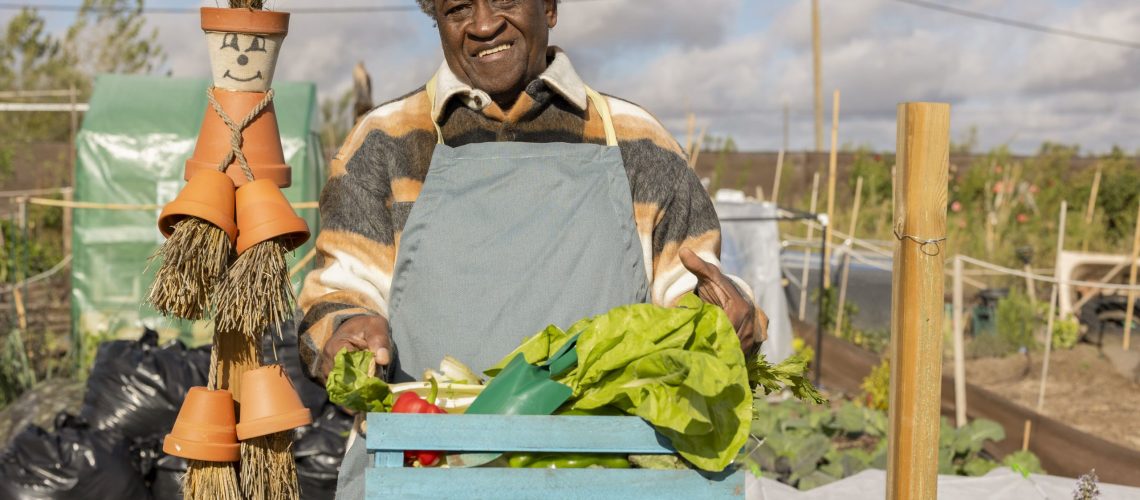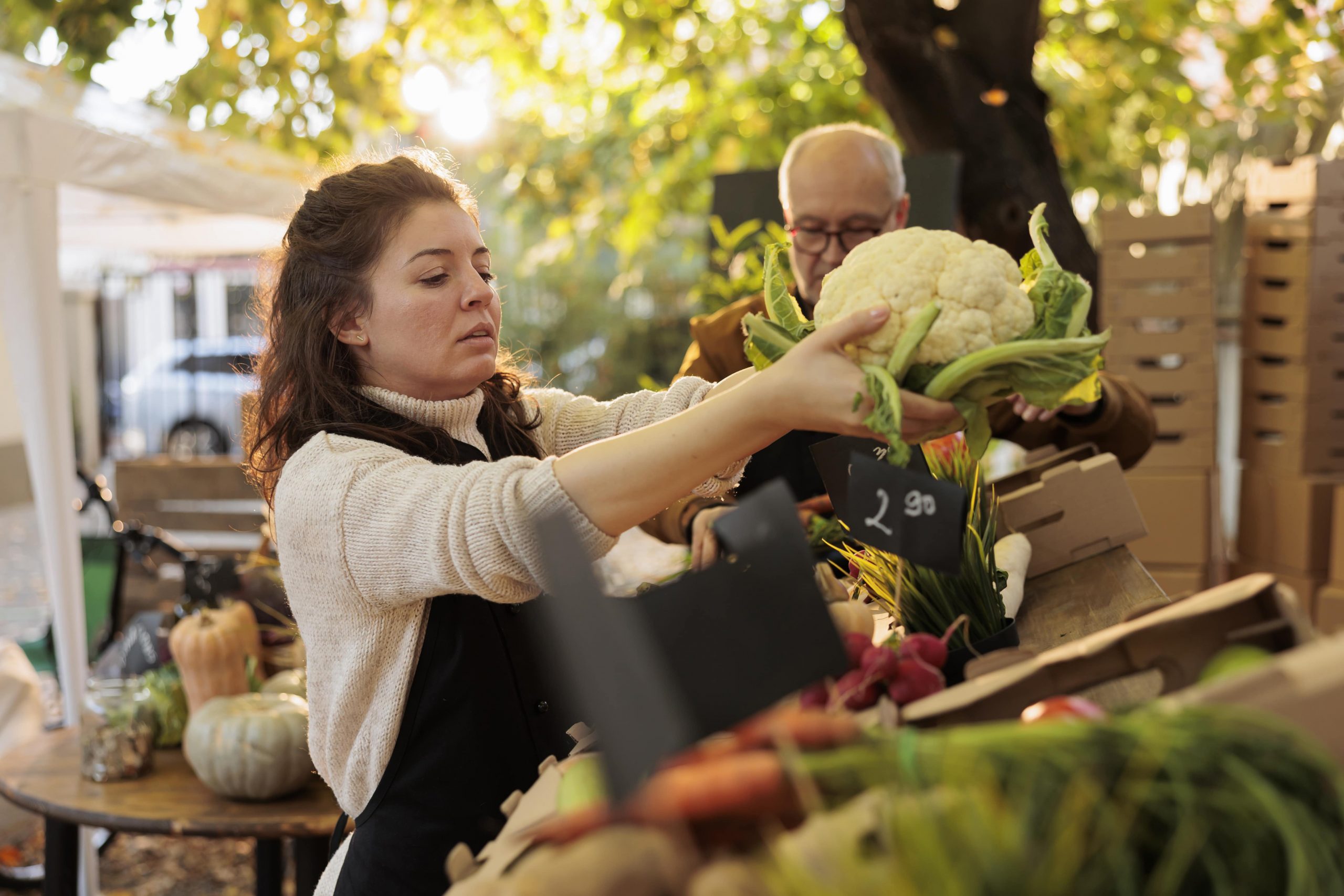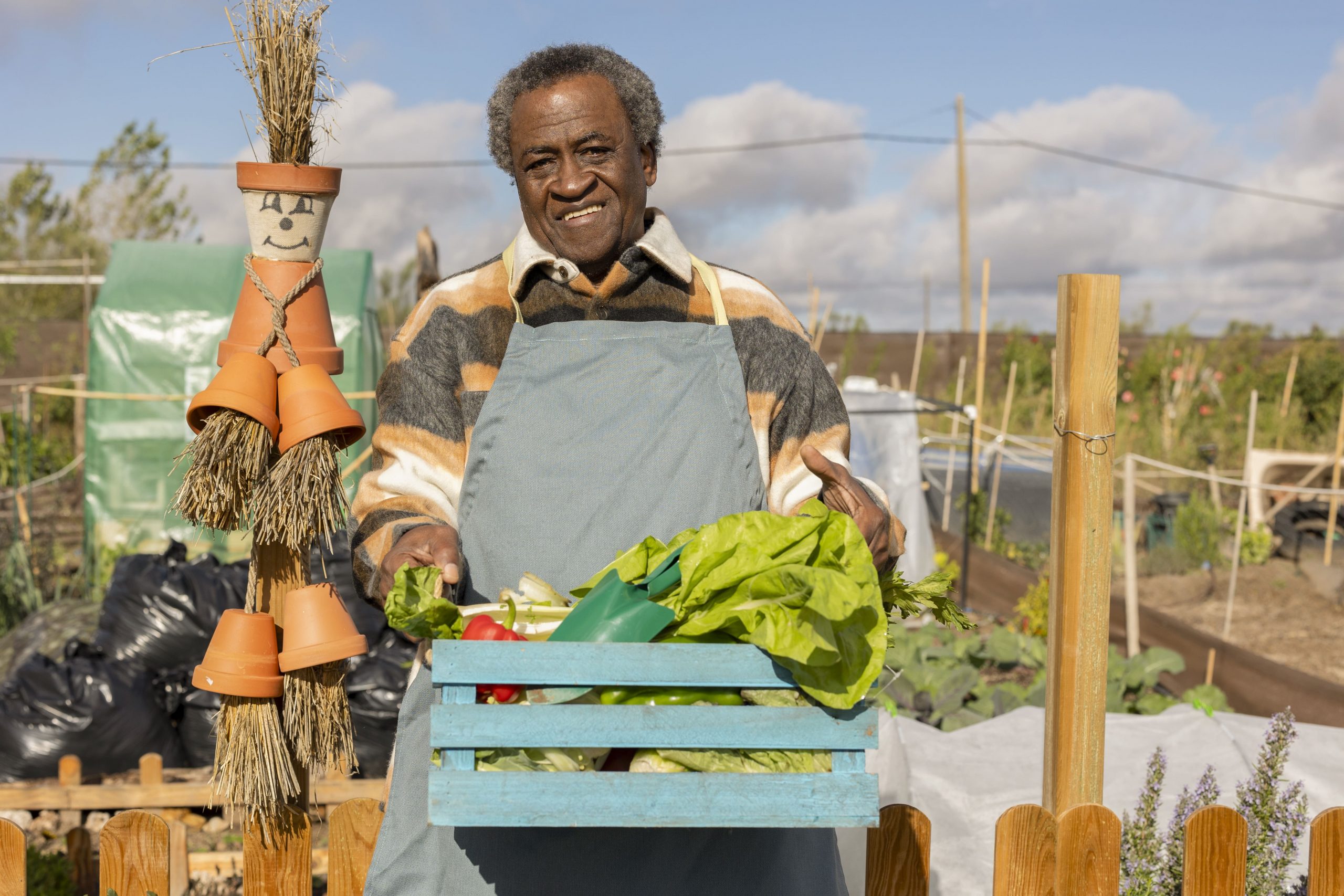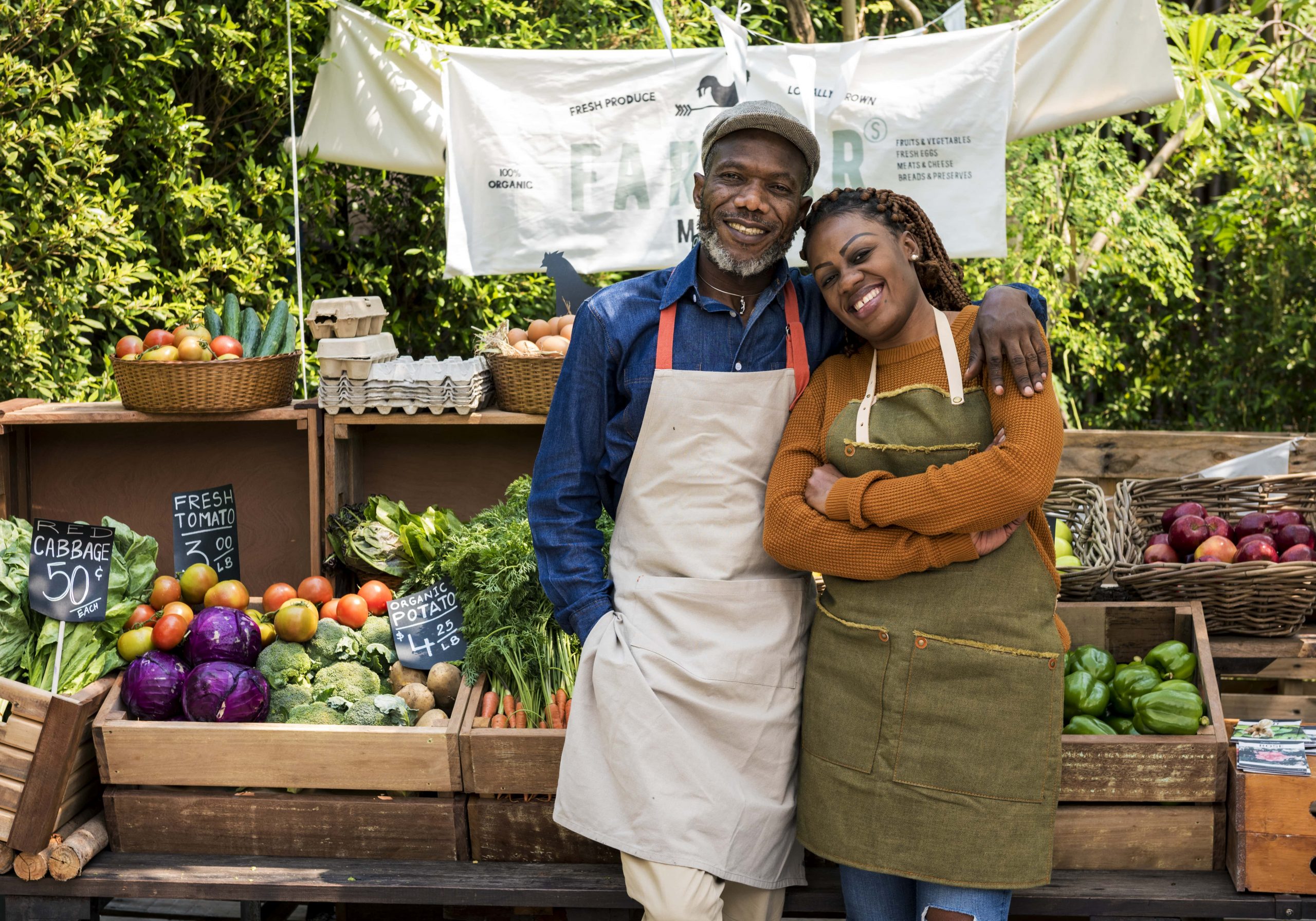Imagine going to the grocery store and buying fresh fruits, vegetables, and other delicious foods. Now, think about where those foods come from. Often, they travel hundreds or even thousands of miles to get to your plate. But there is a better way to get fresh and tasty food: buying from local farmers. It’s important to support local farmers for many reasons, including health, economy, environment, and community.
Fresh and Healthy Food
Local farmers bring their produce to local markets soon after it’s picked. This means the fruits and vegetables are fresher compared to those that travel long distances. Fresher produce is usually tastier and more nutritious. The vitamins and minerals in fruits and vegetables start to break down after they are picked. By the time produce travels from another state or country to your grocery store, it might have lost some of its nutritional value.
Buying local also allows you to know exactly how your food is grown. You can ask farmers if they use pesticides or grow organic produce. Many local farmers use sustainable practices that are better for the environment and for your health. Knowing your food is fresh and grown in a healthy way can give you peace of mind.
Supporting the Local Economy
When you buy from local farmers, your money stays in the community. Local farmers spend their earnings at local businesses, such as hardware stores, feed suppliers, and local restaurants. This helps create jobs and boosts the local economy. It’s like a cycle where everyone benefits. The farmers get paid for their hard work, local businesses get more customers, and the community thrives.
In contrast, buying food that comes from far away often means your money goes to large corporations that might not support your local economy. By choosing to buy local, you are directly helping your neighbors and keeping your community strong.
Protecting the Environment
Buying from local farmers can also help protect the environment. When food travels long distances, it requires a lot of fuel, leading to more pollution. Trucks, ships, and planes that transport food emit greenhouse gases that contribute to climate change. By buying locally, you reduce the need for long-distance transportation and help decrease pollution.
Local farmers often use more sustainable farming methods compared to large industrial farms. They may use fewer chemicals, practice crop rotation, and take better care of the soil. Sustainable farming practices help preserve the land and protect wildlife. Supporting these farmers means you are also supporting the health of our planet.
Building Stronger Communities
Local farmers’ markets and farm stands are great places to meet people and build community connections. When you visit a farmers’ market, you can talk to the farmers who grew your food. You can ask questions and learn more about how your food is produced. This personal connection can make your food feel more meaningful and special.
Farmers’ markets also bring people together. They often have a festive atmosphere with music, activities, and events. They are places where neighbors can meet, chat, and enjoy the community spirit. Supporting local farmers helps create these vibrant community spaces where people can connect and have fun.
Preserving Local Farms
Small farms are an important part of the landscape. They preserve open space and prevent urban sprawl. When you support local farmers, you help them stay in business. This means they can keep their land for farming rather than selling it for development. Preserving farmland is crucial for maintaining green spaces and preventing cities from expanding too much.
Farms also provide habitats for many animals and plants. By keeping farms operational, we help protect these habitats and the biodiversity that depends on them. This is important for maintaining healthy ecosystems.
Enjoying Unique and Seasonal Foods
Local farmers often grow a variety of crops, including heirloom and specialty produce that you might not find in a regular grocery store. These unique foods can add interesting flavors and diversity to your meals. Eating locally also means eating seasonally. Seasonal foods are those that are harvested at their peak during a specific time of year. They are usually fresher, tastier, and more nutritious.
Eating seasonally can be fun and exciting. Each season brings new fruits and vegetables to enjoy. For example, you might look forward to fresh strawberries in the spring, juicy tomatoes in the summer, crisp apples in the fall, and hearty root vegetables in the winter. Eating seasonally helps you connect with the natural rhythm of the year and appreciate the variety of foods available.
Promoting Food Security
Supporting local farmers can also help promote food security. Food security means having reliable access to a sufficient amount of nutritious food. By having a strong local food system, communities are less dependent on food from far away. This is especially important during times of crisis, such as natural disasters or pandemics when supply chains can be disrupted.
Local farms can provide a steady and reliable source of food for the community. This reduces the risk of food shortages and ensures that everyone has access to fresh and healthy food. A strong local food system can make a community more resilient and better prepared for the future.
Why It’s Important to Support Local Farmers
Supporting local farmers is important for many reasons. It provides fresh and healthy food, boosts the local economy, protects the environment, builds stronger communities, preserves local farms, offers unique and seasonal foods, and promotes food security. By choosing to buy from local farmers, you are making a positive impact on your health, your community, and the planet. So next time you shop for food, consider visiting a local farmers’ market or farm stand. Your support makes a difference!
About Genesis Global Market
Genesis Global Market was birthed in January 2023 by two like-minded individuals dedicated to building, and teaching healthy living, while maintaining already existing relationships within established communities. Follow us on Facebook, Instagram and Twitter!





